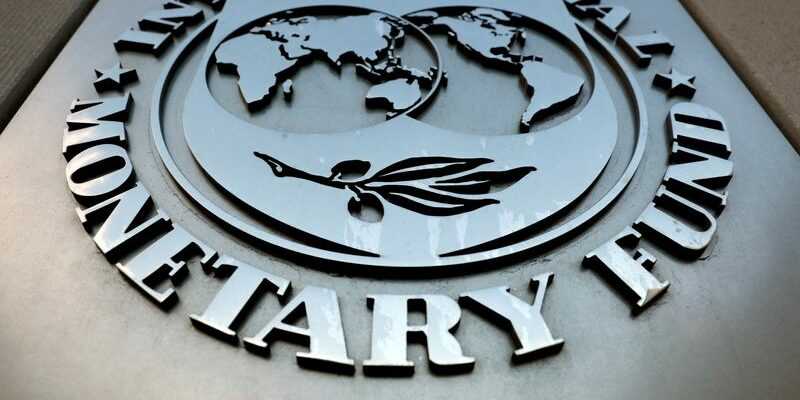WASHINGTON (Reuters) – Russia’s invasion of Ukraine will affect the global economy by slowing growth and causing inflation to rise, and could fundamentally alter the global economic order over the long term, said Tuesday the International Monetary Fund (IMF).
Beyond causing human suffering and historic refugee flows, war drives up energy and food prices, fueling inflation and depressing the value of wages, while disrupting trade, food chains supply and remittances to neighboring countries of Ukraine, the IMF said in a statement posted on its website.
The conflict is also weighing on business confidence and triggering investor uncertainty that will depress asset prices, tighten financial conditions and could trigger capital outflows from emerging markets, it added.
“The conflict is a major blow to the global economy which will affect growth and drive up prices,” the IMF said.
IMF officials have already said they expect to revise down their previous forecast, which called for global economic growth of 4.4% in 2022. regional would also be likely to be revised downwards.
The IMF is due to publish its revised forecasts on April 19.
According to the IMF, food insecurity is likely to worsen in certain regions of Africa and the Middle East, where countries such as Egypt import 80% of their wheat from Russia and Ukraine.
In the longer term, according to the report, “war could fundamentally alter the global economic and geopolitical order, if energy trade shifts, supply chains reconfigure, payment networks fragment and if countries rethink their currency reserves.”
The IMF has predicted deep recessions in Ukraine and Russia, and said Europe could experience disruptions in natural gas imports and other, more important, supply chains. Eastern Europe, which took in most of the 3 million people who fled Ukraine, would see its funding costs rise accordingly.
(French version Camille Raynaud)
by Andrea Shalal
